Is Agentic AI Becoming the New OS for Healthcare Operations?
Sam De Brouwer
CEO & Co-Founder
July 10, 2025
Reading Time4 mins
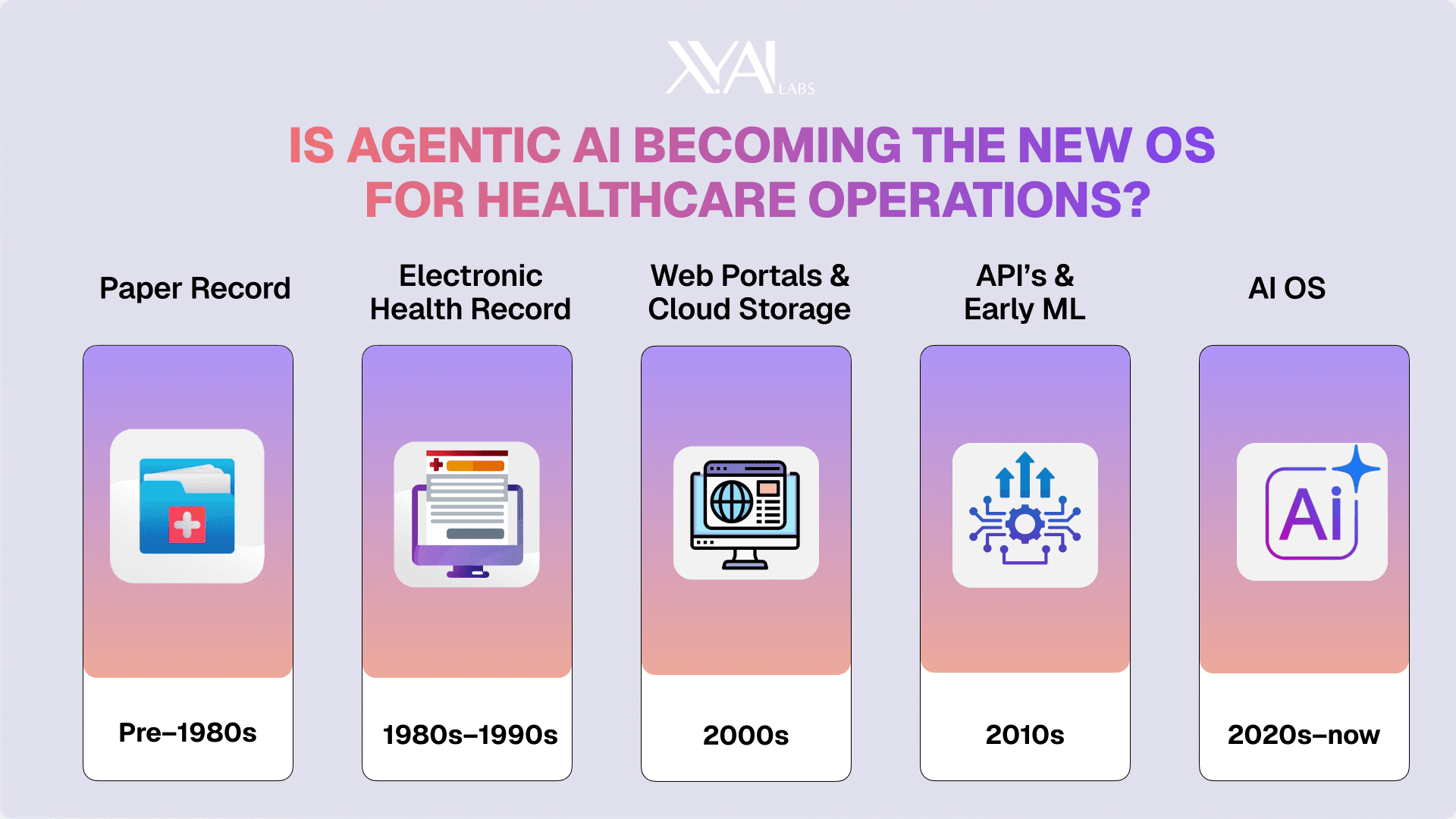
From Paperwork to Intelligence
Just like Windows or macOS coordinate programs, resources, and user interactions for computers, Agentic AI as the new OS is designed to poised to be successful orchestrating administrativeworkflows, clinical processes, and operational decisionsacross the healthcare operations.
It is not just automating tasks — it’s built to prioritize, adapt, and learn in real time.
A Quick Timeline of Progress:
- Pre-1980s: Paper records → fully manual, high-friction work
- 1990s–2000s: EHRs + web portals → digitization, but still human-driven
- 2010s: APIs, RPA, early ML → light automation in billing and coding
- 2020s–Now: Generative AI, LLMs, agentic AI → dynamic, context-aware automation
- Future: AI OS layer across the stack → inified intelligence layer across billing, care, compliance, revenue—in real time
Why AI is Now the Right OS Candidate?
AI matches the operational structure of healthcare operations
Healthcare operations are modular but interconnected: scheduling, documentation, claims, prior auth, billing, coding — all are distinct yet dependent. AI agents, especially those powered by LLMs, can operate across these modules, fill gaps, and trigger workflows, acting like an OS.
AI closes the massive efficiency gap
$1.5T annually is spent on healthcare administration in the U.S. — over 25% of total healthcare costs (CMS, McKinsey). Much of this stems from manual workflows, transcription, coordination, and redundant data entry. AI tools are now capable of parsing EHR notes, reasoning over claim statuses, and triggering workflows dynamically.
Human resources are constrained
Burnout among clinicians and administrators is at record levels. AI serves as a layer of augmentation, especially in rote tasks like prior auth checks, eligibility verification, and summarization. With limited labor supply, AI becomes the only scalable solution.
The EHR failed to become the OS for operations
EHRs were built for digitization, not intelligence. They remain closed and cumbersome, often requiring bolt-on features. AI now layers on top of EHRs, doing the coordination work they were never built for.
What's Next?
- AI will increasingly act as the coordinator across fragmented systems like EHRs, invoicing systems, payer portals, and document repositories.
- Agentic AI platforms, like XY.AI Labs, become middleware between humans and systems — making sense of data, suggesting actions, and orchestrating operations.
- Providers will soon choose platforms not just based on EHR capabilities, but on AI's operating power: agent speed, reliability, and ROI.
- A unified AI OS is emerging — enabling real-time decisions acrossbilling, care, compliance, and revenue.
At XY.AI Labs, we’re excited about what we’re building. Being at the forefront of Agentic AI with the agent orchestration platform for optimized healthcare operations.
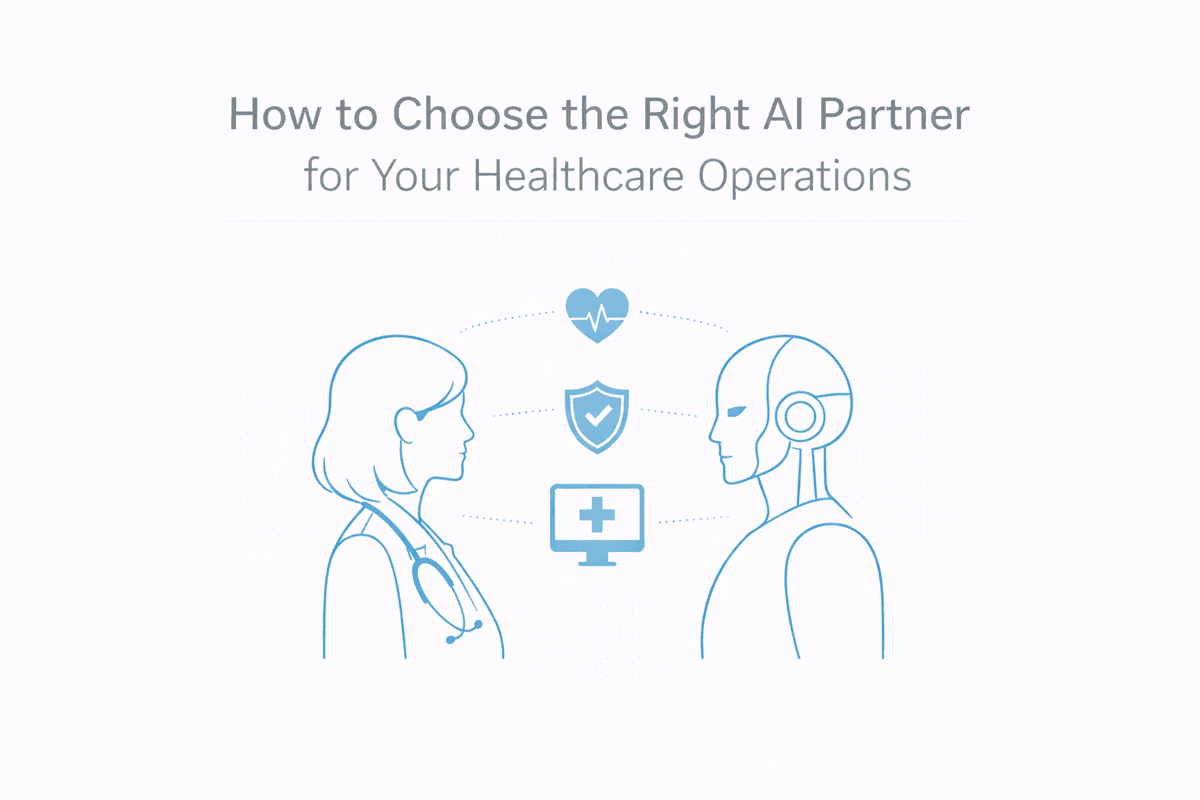
How to Choose the Right AI Partner for Your Healthcare Operations
XY.AI Labs Team
February 5, 2026
Reading Time5 mins

Have We Been Here Before? A Thought on AI Infrastructure
Sam De Brouwer
January 29, 2026
Reading Time5 mins

Finally, Healthcare Is Becoming a Learning System with AI as its Catalyst
Sam De Brouwer
December 19, 2025
Reading Time7 mins
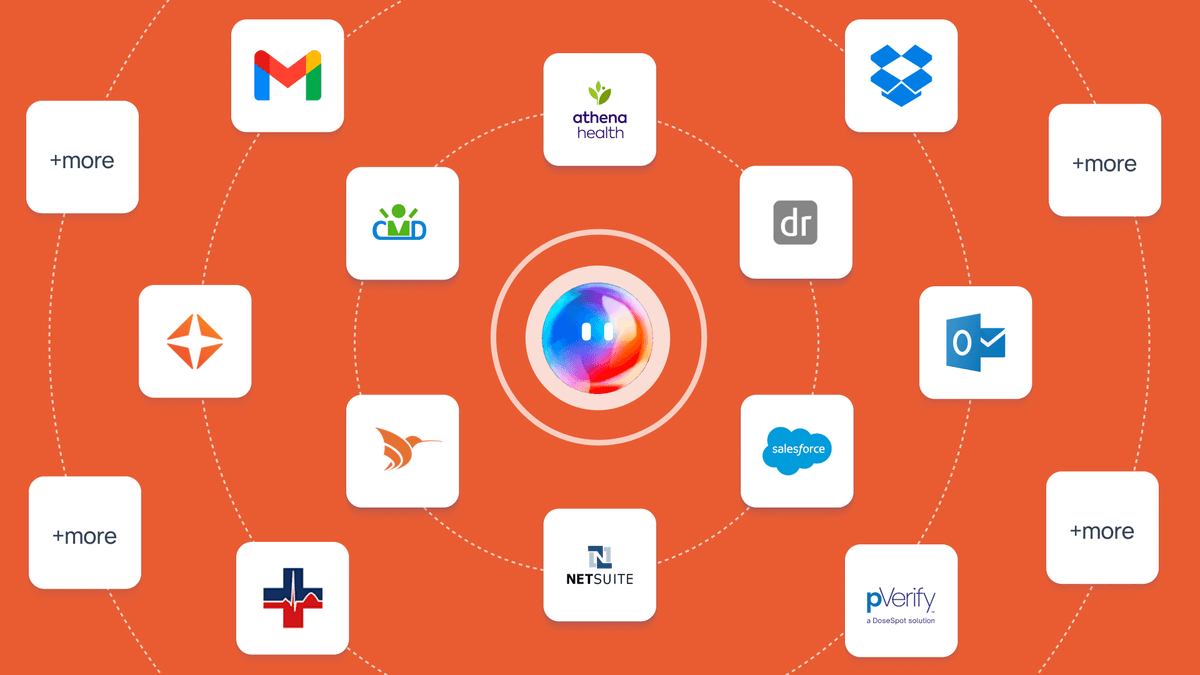
Connect Healthcare Systems with Agentic AI
XY.AI Labs Team
November 24, 2025
Reading Time8 mins
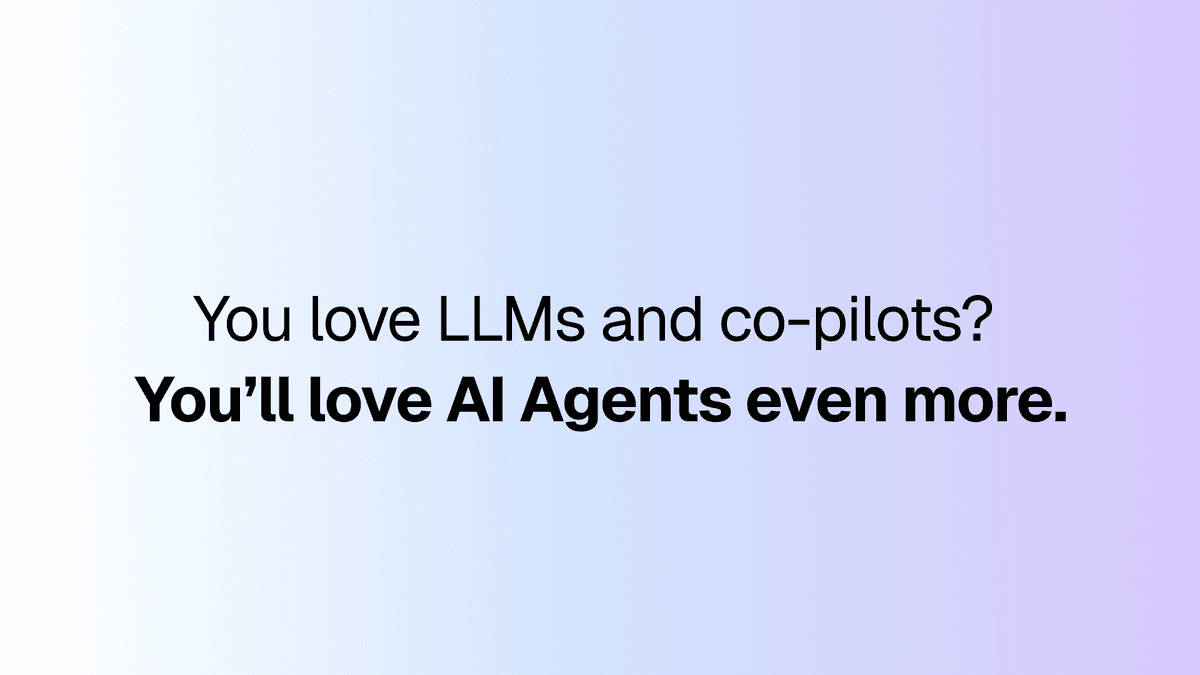
You love LLMs and co-pilots? You'll love AI Agents even more.
Sam De Brouwer
November 13, 2025
Reading Time10 mins

Why I'm Building for the Overlooked Majority of Healthcare
Sam De Brouwer
November 10, 2025
Reading Time6 mins
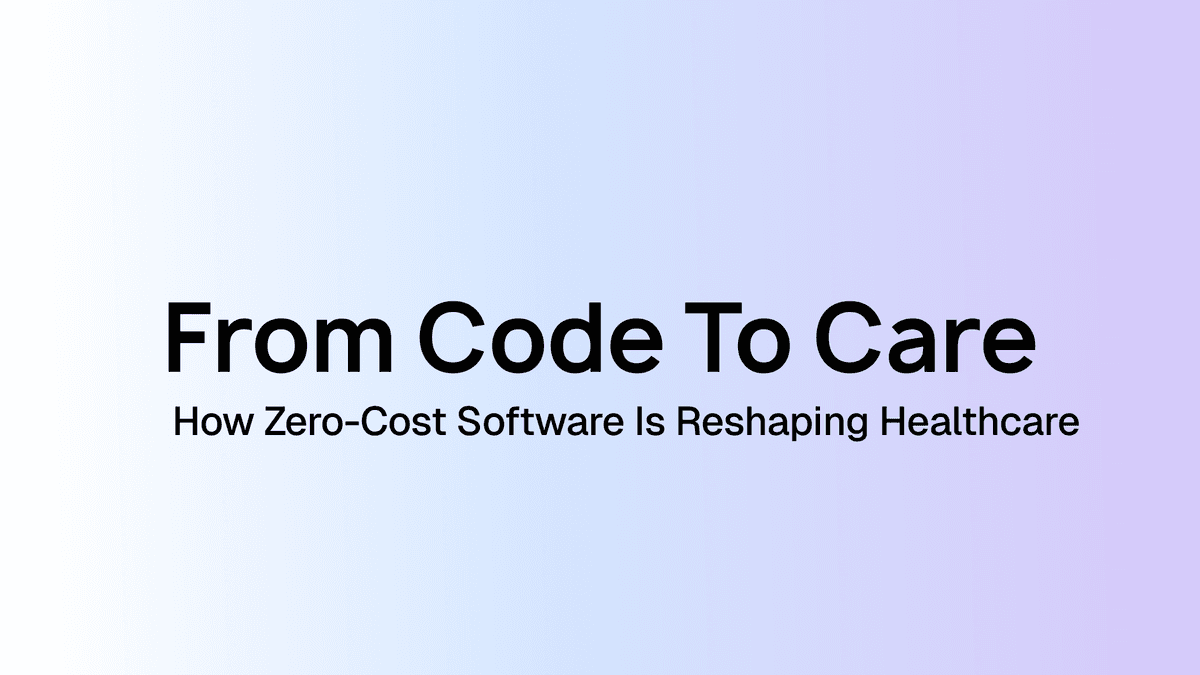
From Code to Care: How Zero-Cost Software Is Reshaping Healthcare
Sam De Brouwer
October 13, 2025
Reading Time8 mins
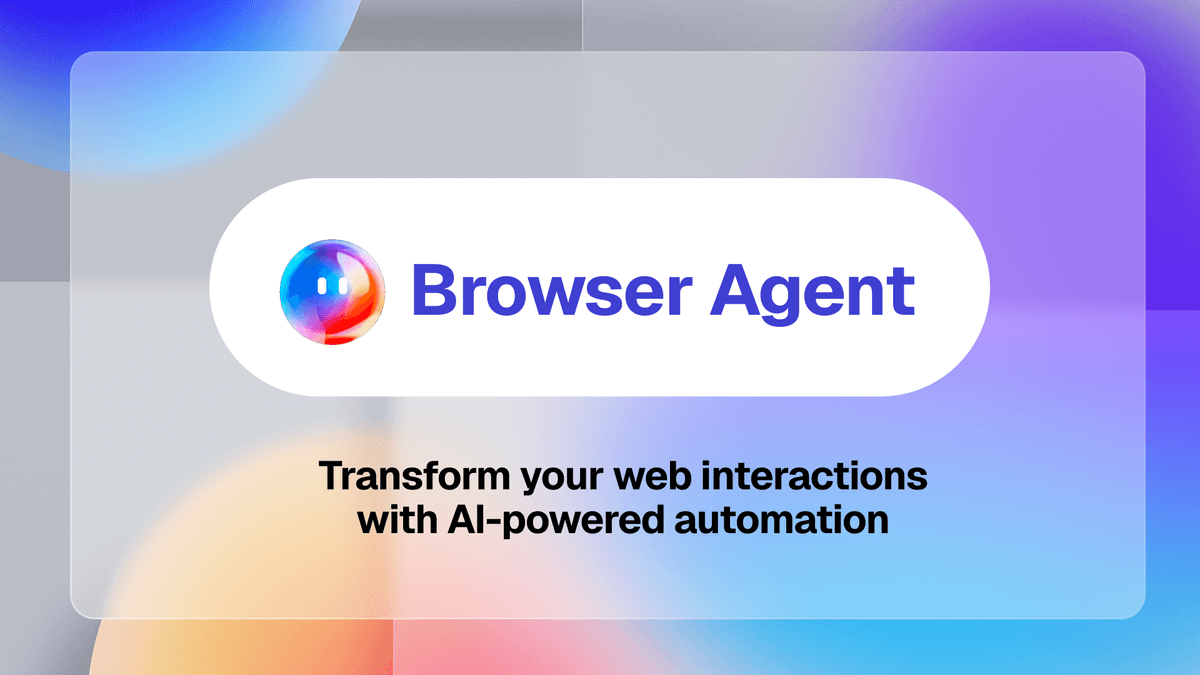
From Clicks to Care: Reinventing Healthcare Workflows with Our XY.AI Multimodal Browser Agents
Scott Cressman
September 12, 2025
Reading Time5 mins
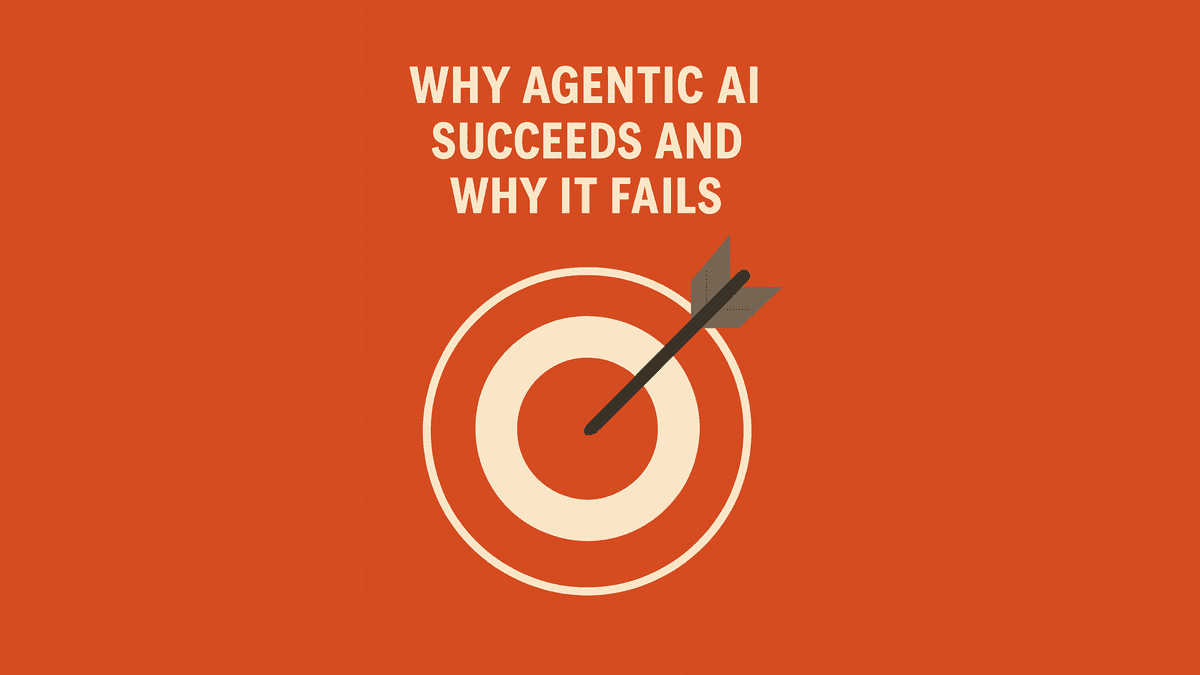
Tough conversations about success and failure are not new in AI
Sam De Brouwer
August 28, 2025
Reading Time3 mins
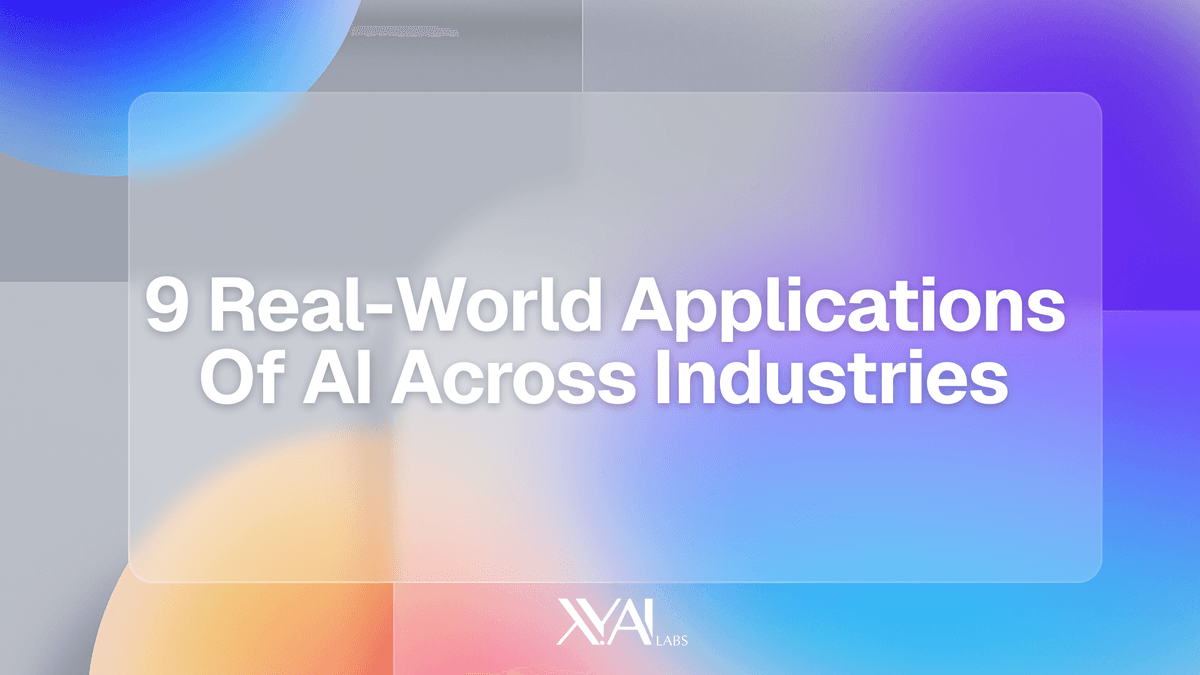
9 Real-World Applications of AI Across Industries
XY.AI Labs Team
August 24, 2025
Reading Time10 mins
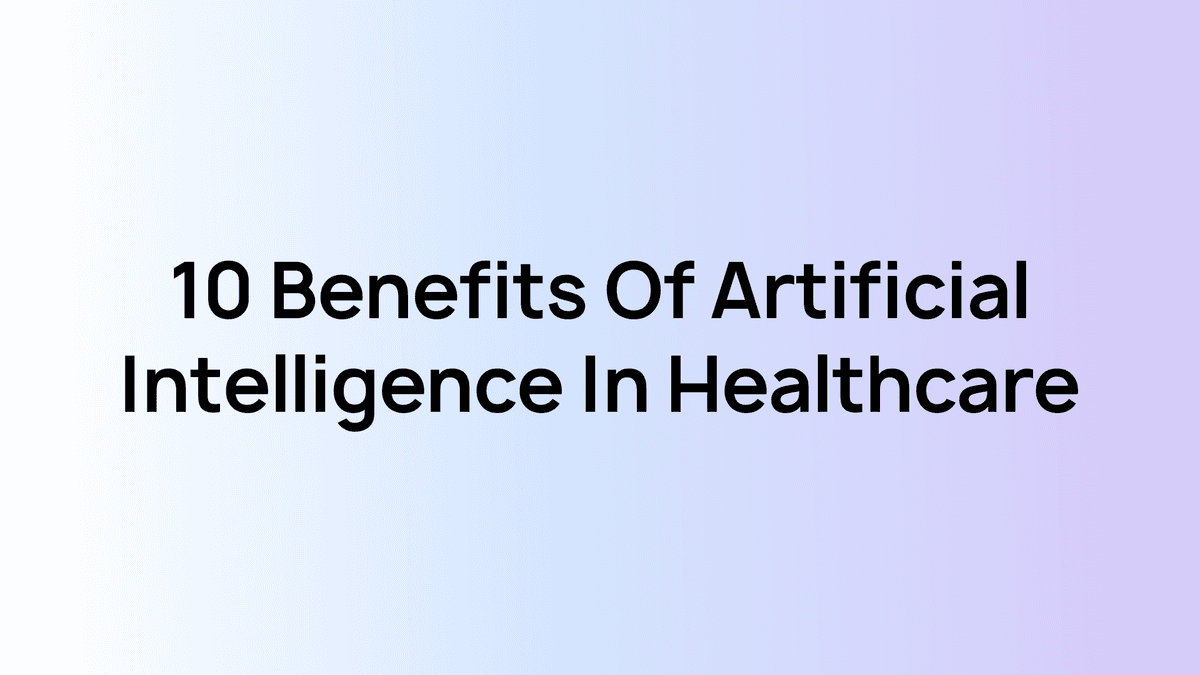
10 Benefits of Artificial Intelligence in Healthcare
XY.AI Labs Team
August 23, 2025
Reading Time10 mins
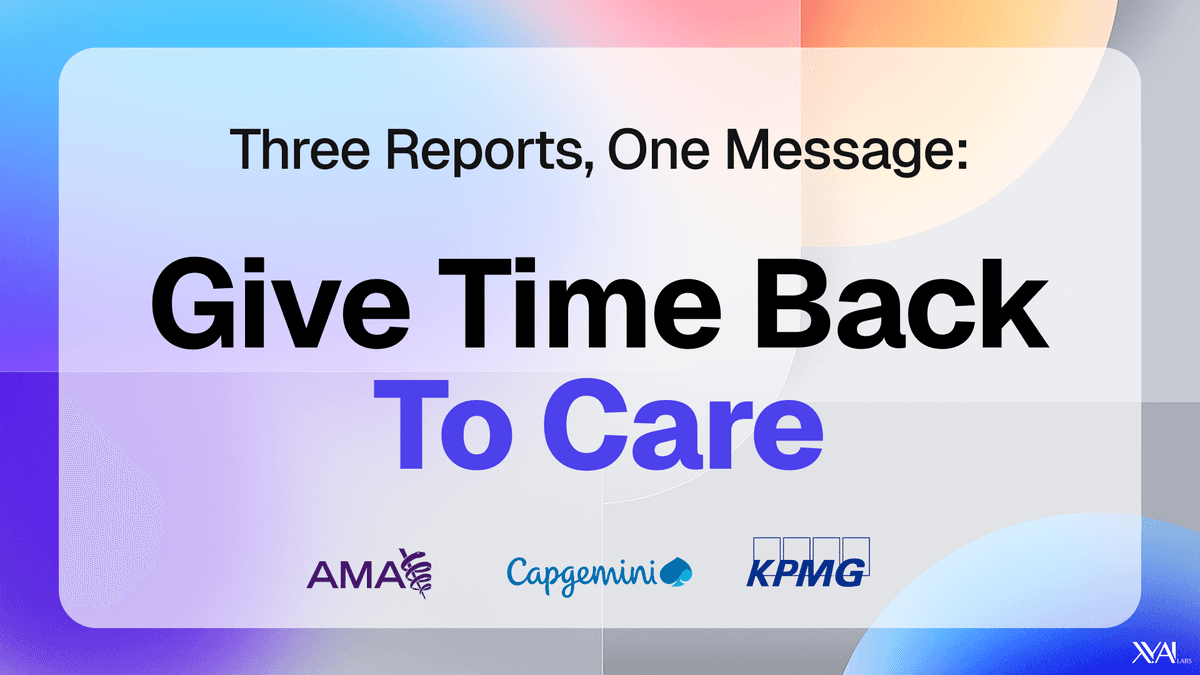
Three Reports, One Message: Give Time Back to Care
XY.AI Labs Team
August 22, 2025
Reading Time2 mins
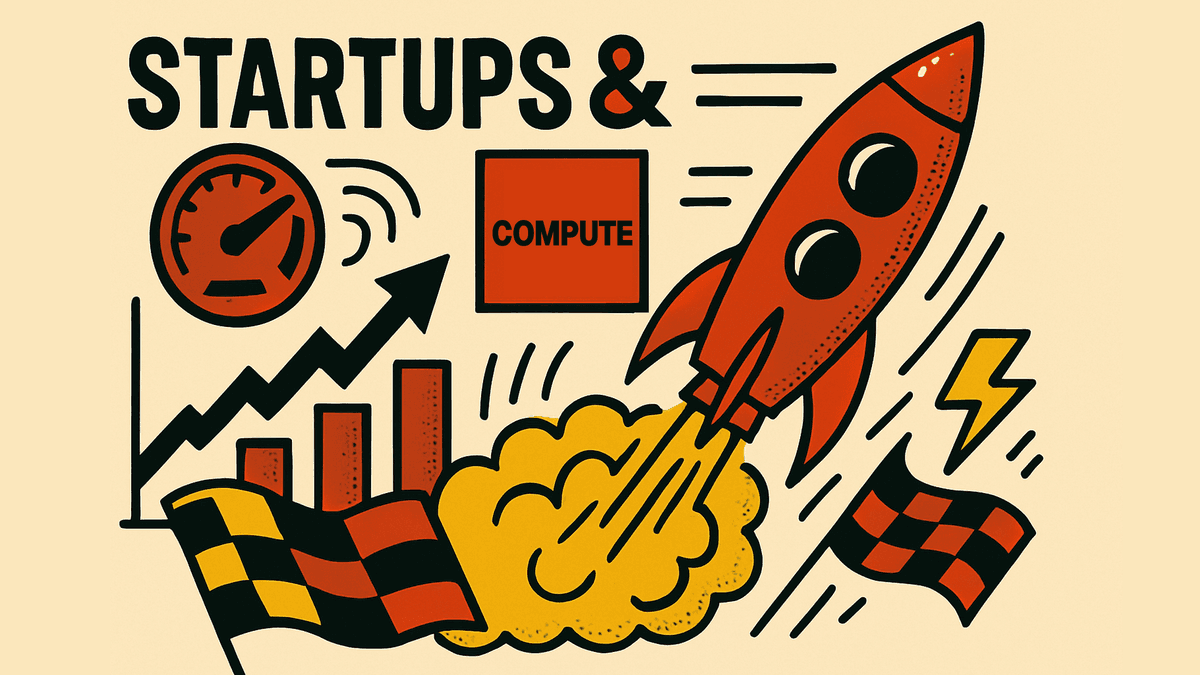
What Free Compute Signals About a Startup like XY.AI Labs?
Sam De Brouwer
August 14, 2025
Reading Time4 mins
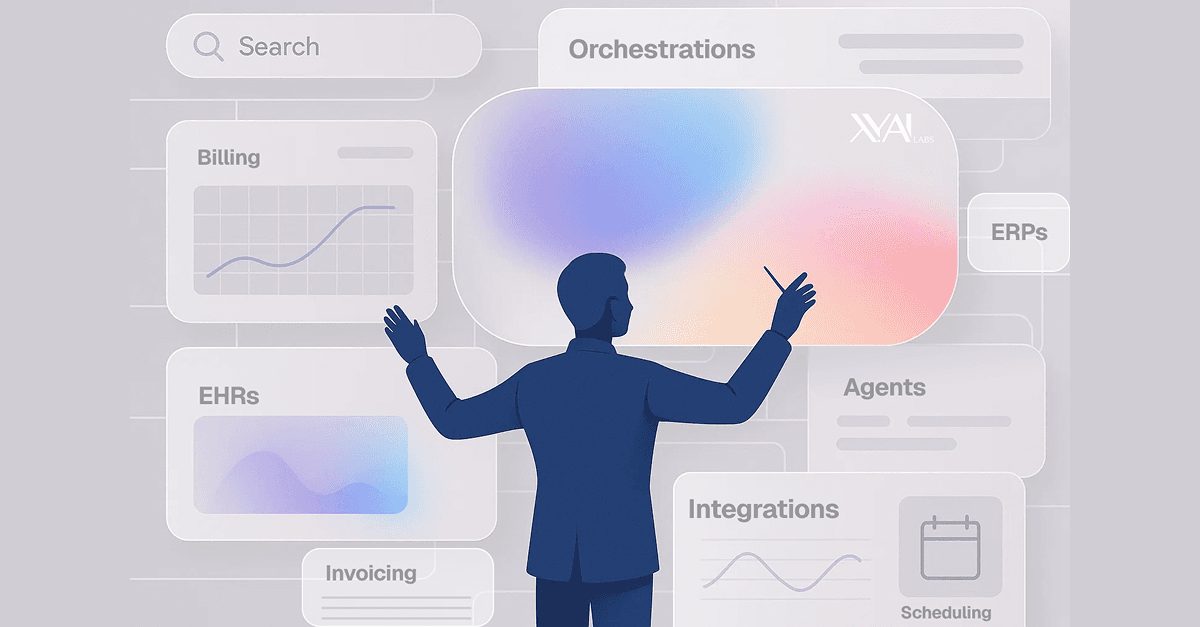
What We're Learning From Our Latest Integrations
Sam De Brouwer
July 31, 2025
Reading Time6 mins
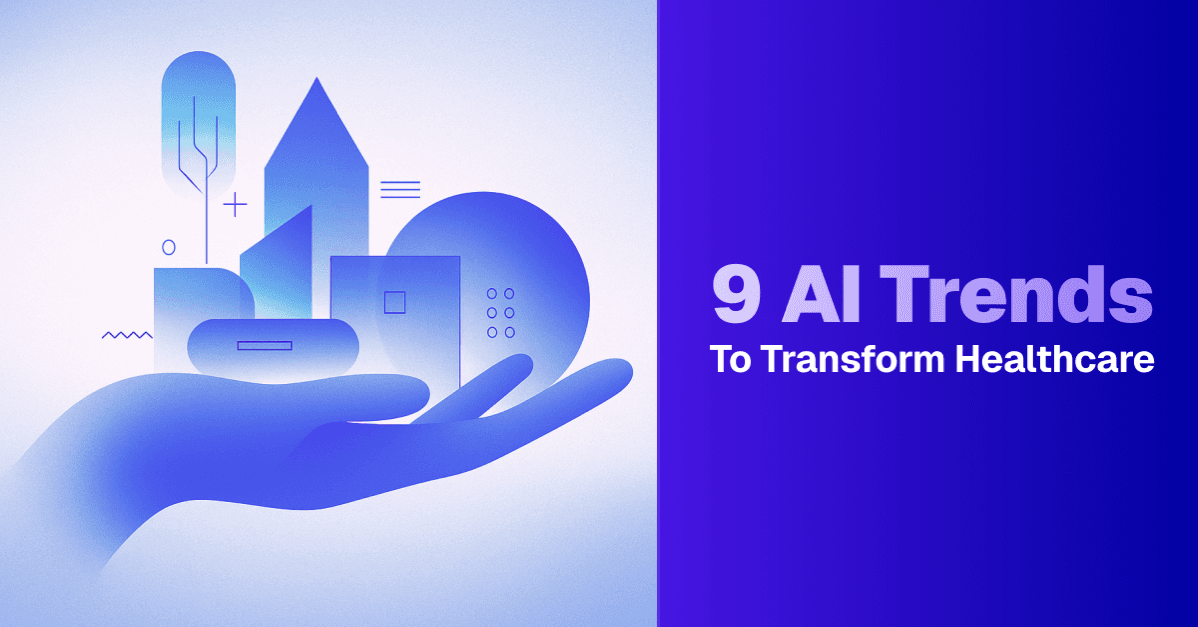
9 AI Trends To Transform Healthcare and Medicine And Why They're Closer Than You Think
XY.AI Labs Team
June 10, 2025
Reading Time5 mins

What I am Learning on the Front Lines of RCM in Healthcare - and Why We Can't Ignore Automation Any Longer
Sam De Brouwer
May 6, 2025
Reading Time8 mins
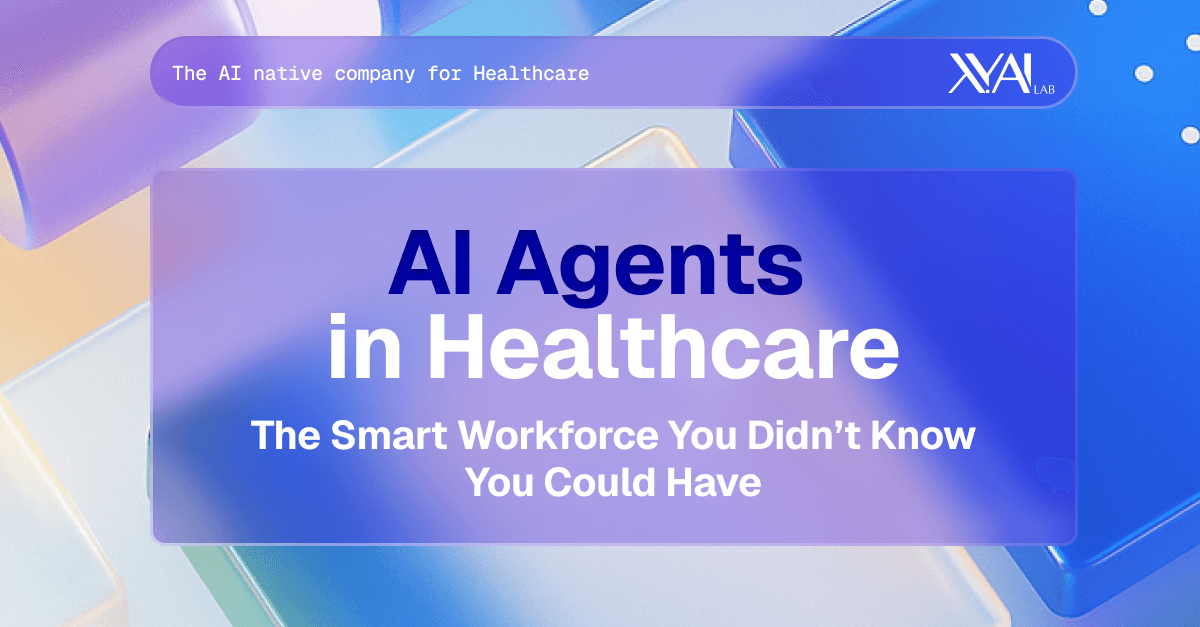
AI Agents in Healthcare: The Smart Workforce You Didn't Know You Could Have
Scott Cressman
April 17, 2025
Reading Time8 mins
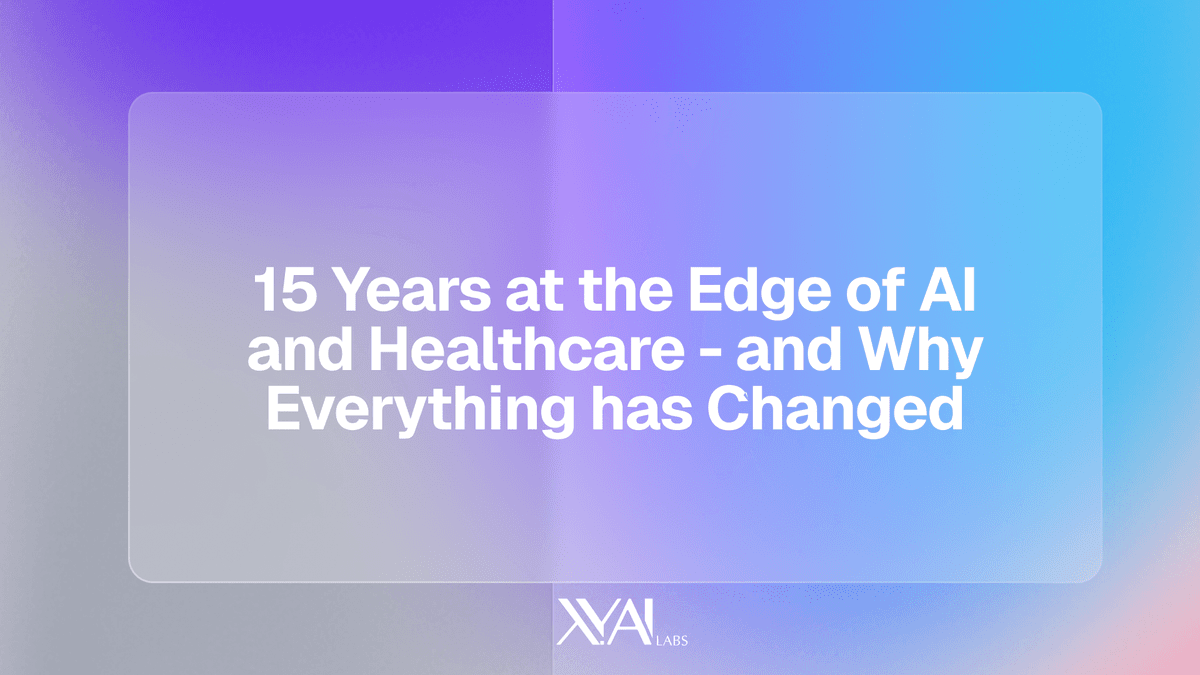
15 Years at the Edge of AI and Healthcare - and Why Everything has Changed
Sam De Brouwer
